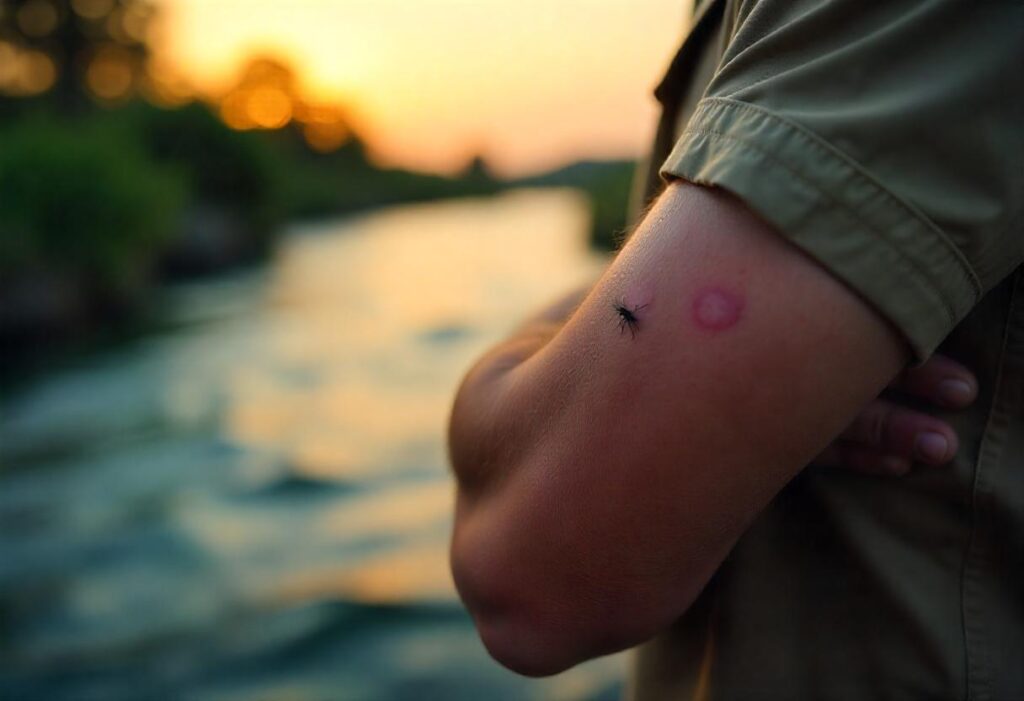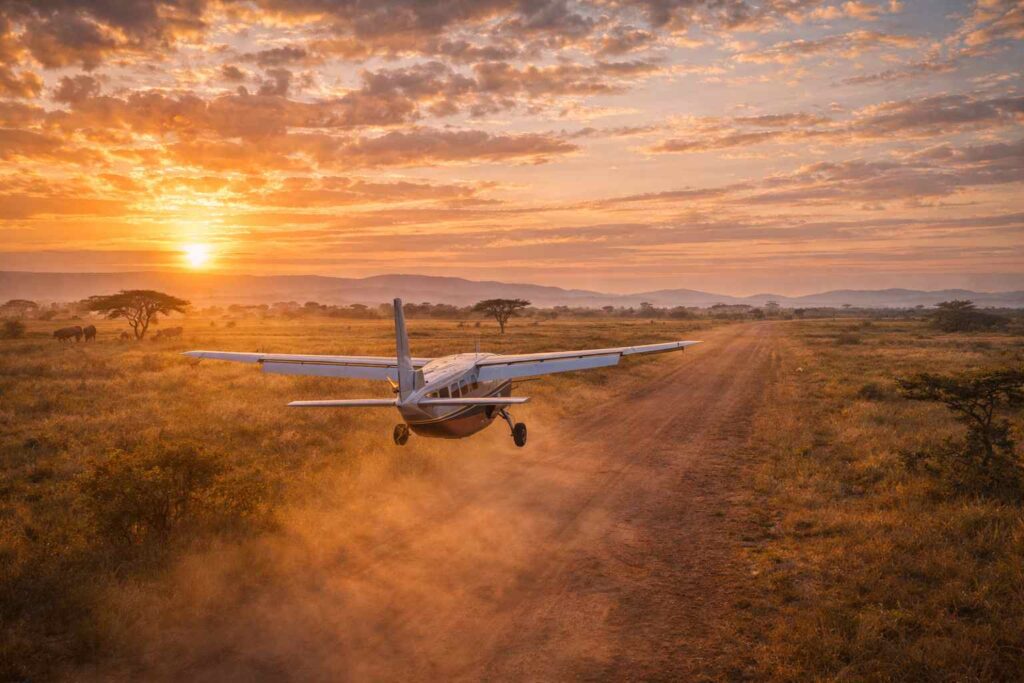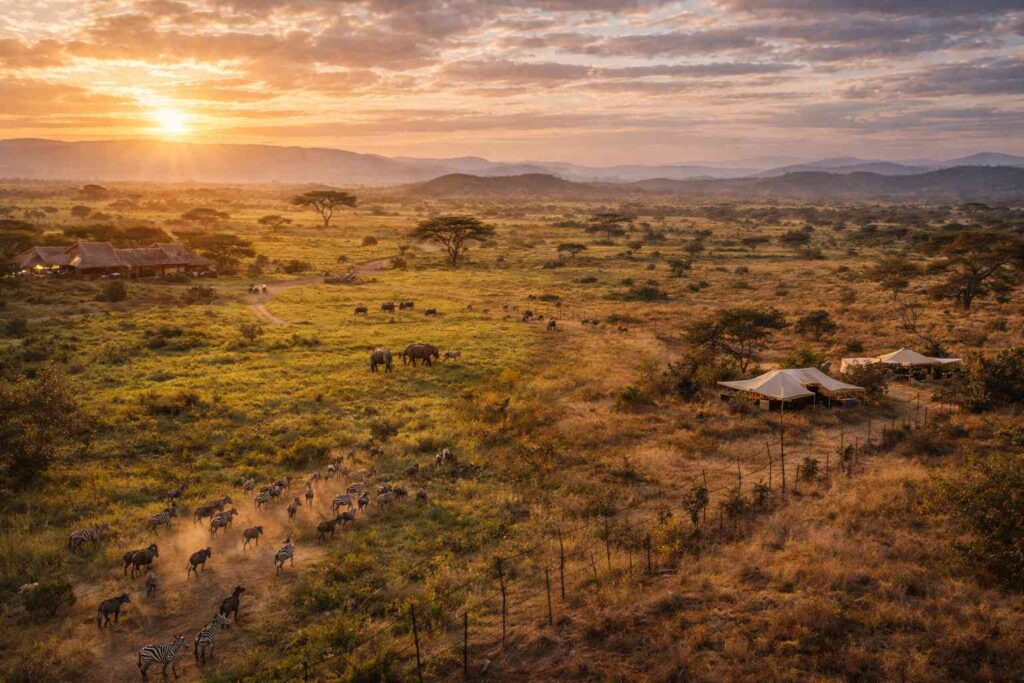Mosquitoes may be small, but their bite can have a big impact. Here’s how to protect yourself while enjoying your African safari adventure.
Why mosquito protection matters on safari
Mosquitoes are more than just an itchy nuisance—they can transmit diseases like malaria and dengue fever in parts of Africa. Understanding how to avoid bites is key to a healthy, stress-free safari experience.
What to wear to avoid mosquito bites
Choose long, loose-fitting clothing
Long sleeves and pants offer a physical barrier. Opt for breathable, light-colored fabrics that are less attractive to mosquitoes and more comfortable in the heat.
Treat your clothing with insect repellent
Consider using permethrin-treated clothing or spraying your clothes with repellent before you pack. This adds an extra layer of protection, especially during dawn and dusk.
Best insect repellents for safari
Look for DEET or picaridin-based repellents
Repellents with at least 20–30% DEET or 10–20% picaridin offer the best protection. These are widely recommended by travel clinics and health organizations.
Apply repellent correctly
Apply on exposed skin and reapply every few hours, especially if sweating or after swimming. Don’t forget ankles, wrists, and the back of your neck—mosquito favorites.
Timing and location: when bites are most likely
Mosquitoes are most active between sunset and sunrise, so extra caution is needed during these hours. In wetter areas or near standing water (rivers, swamps), mosquito density increases. Lodges in dry or high-altitude areas may have fewer bugs, but precautions are still recommended.
Sleeping safely: use nets and fans
Sleep under a mosquito net
Most safari lodges provide mosquito nets—use them every night. Tuck them securely under the mattress and check for holes before sleeping.
Take advantage of fans and AC
Mosquitoes struggle to fly in strong air currents. If your room has a fan or air conditioning, keep it on to reduce bites at night.
Extra tips for mosquito prevention
- Avoid scented lotions or perfumes: These can attract mosquitoes. Stick to unscented toiletries while on safari.
- Close windows and doors before dusk: Limit the chances of mosquitoes entering your room.
- Pack anti-itch cream: Even with precautions, you may get bitten—bring hydrocortisone or antihistamine creams just in case.
Do I need anti-malaria medication?
In many safari regions, antimalarial medication is recommended. Speak with a travel clinic or your doctor well in advance of your trip to determine what’s appropriate for the areas you’ll visit.
Summary: mosquito protection checklist
✅ Long-sleeved, light-colored clothing
✅ Insect repellent with DEET or picaridin
✅ Sleep under a treated mosquito net
✅ Use fans and AC when available
✅ Avoid being outside at dusk without protection
✅ Consult a doctor about antimalarial meds
Final thoughts
Protecting yourself from mosquito bites doesn’t require complicated planning—but it does require consistency. With the right gear, repellent, and habits, you can enjoy your safari without unwanted buzzing guests.
FAQs
No. Some high-altitude or dry regions have very few mosquitoes, especially during the dry season. Still, it’s best to be prepared.
Repellents with DEET (20–30%) or picaridin (10–20%) are highly effective. Brands like Jungle Formula, OFF!, and Sawyer are popular among travelers.
While repellent reduces the risk significantly, no method is 100% effective. That’s why combining repellent with nets and preventive medication is recommended.
Natural options like citronella or lemon eucalyptus oil offer mild protection but are not as effective as DEET or picaridin in high-risk areas.
Most quality lodges offer mosquito nets and sometimes repellent. However, it’s wise to bring your own preferred products just in case.






